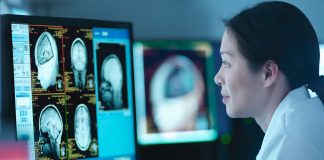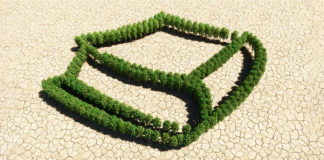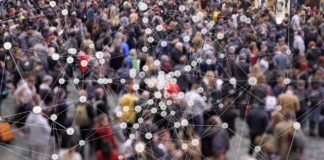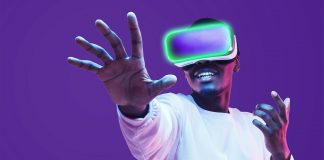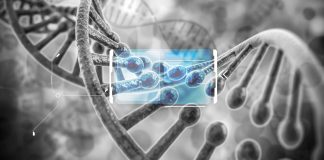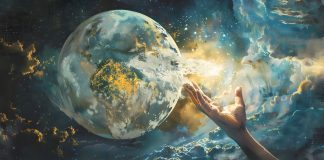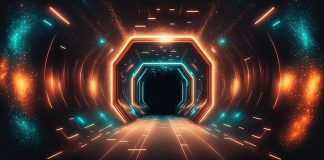Does shopping addiction really exist?
Maria is 21 years old. She is in her third year at the Academy of Economic Studies and has been working and paying rent for a year. Ever since she reached economic independence, she started going out in the city and being very concerned about the way she looks.
Evolution before our very eyes | Part 1
Bacteria are becoming increasingly resistant to antibiotics; some butterflies and fish are developing new colours for better camouflage; and a series of laboratory experiments have revealed small but significant changes in various microorganisms. Are these phenomena conclusive evidence of evolution unfolding before our eyes?
The risks of overrelying on genetic testing
Genetic testing is a new frontier in preventive medicine. But beyond this border, there lies a minefield of trial and error.
A new theory of evolution—or several complementary theories?
"Strange as it sounds, scientists still do not know the answers to some of the most basic questions about how life on Earth evolved. Take eyes, for instance. Where do they come from, exactly?" These are the words with which an extensive article published by The Guardian in June 2022 begins.
Evolution and creation: closer to the core of the controversy
I got acquainted with Ariel Roth as a writer, but I also got to meet him as a human being. I discovered neither fanaticism nor nervousness, neither doubt nor ideological speech in Roth, an octogenarian who still looks in detail at each new subject appearing on the agenda of the debate between evolution and creation. He maintains an unflagging desire for honesty and...
What does the Bible say about climate change?
During the COVID-19 lockdown last year, I lived with some messy people. I’d moved into a house that I shared with a wonderful couple of brothers. They were almost everything you could ask for in a set of housemates. Friendly, funny, respectful of your privacy . . . genuinely great people in almost every respect.
How lethal is COVID-19, and other (un)answered questions
There have now been over 12 million cases of COVID-19 infection globally, and half a million deaths. Researchers are constantly looking for new and better information to reduce the uncertainty around the virus.
Will the metaverse really change the future?
There’s a 1995 clip from The David Letterman Show where Letterman is interviewing Bill Gates. Gates excitedly explains how the internet will change the future. Letterman is sceptical. He mentions a baseball game that had recently been broadcast live on the internet. “Does radio ring any bells?” he quips sarcastically, to laughter from his audience.
The God particle?
Very few ordinary people seem to be overflowing with passion for quantum physics, as the field involves a high degree of abstraction and relatively complicated mathematical equations.
The sprouts of genomics
Although the results do not seem spectacular yet, at least to the majority of the population, probably the most remarkable advances in the field of healthcare in the last 30 years relate to the mapping of the human genome (completed in 2003), the genome of other animal and plant species, and the development of bioinformatics.
A lesson in natural sciences
The red horizons are shattered. But much more subtle dangers loom for the present and the future. In most Christian countries, theology has declared a truce with evolutionary atheology and has devised a foolish and deadly compromise that is neither atheism nor true Christianity.
Future technology and current concerns
"[B]ut test them all; hold on to what is good" (1 Thessalonians 5:21).
COVID-19 and our low-risk but endangered children
All COVID-19 statistics lead to the same conclusion: the young ones, our children, are at the lowest risk of getting ill or dying from the virus. That’s comforting. But the pandemic does pose a certain danger to them.
Antibiotics: Blind optimism is dangerous
The increased frequency with which doctors are encountering antibiotic-resistant bacteria is worrying. And it could affect an already precarious medical field—cancer treatment.
Evolution: Impossible
Dr. John Ashton of Newcastle, Australia, is a compelling example of a serious research scientist who bases his beliefs regarding the origins of the universe and life on the Bible.















